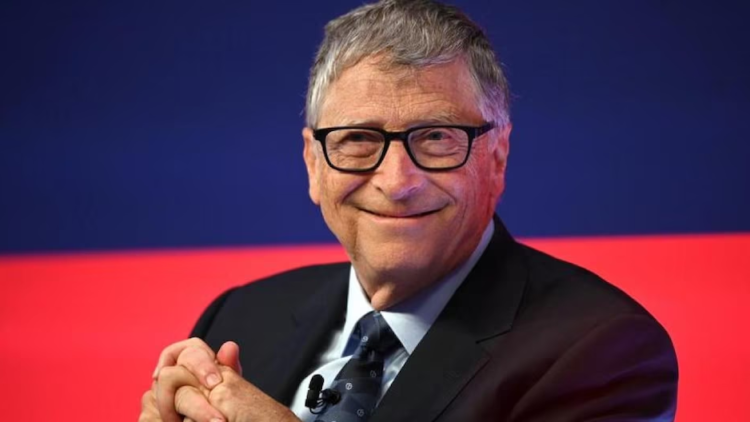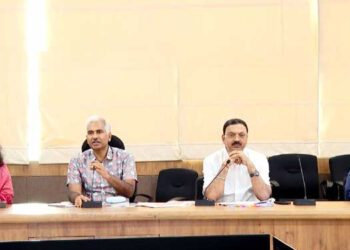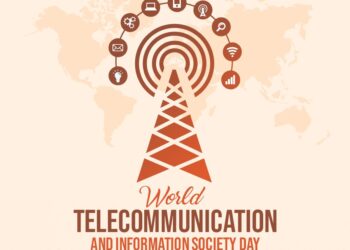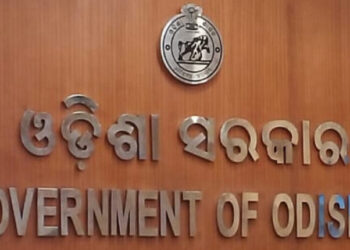Microsoft co-founder and renowned philanthropist Bill Gates is scheduled to arrive in Bhubaneswar on 28th February. Gates is anticipated to see Chief Minister Naveen Patnaik and tour Krushi Bhawan while in Odisha.
In his “GateNotes” blog, Gates showed his excitement for the journey and mentioned how much he was interested in a government initiative that would empower women in low-income neighborhoods. Launched in 2018, the program helps women get the skills needed to complete government building contracts. With more than 22,000 organizations and 52,000 projects finished—including building roads, drainage, and restrooms—Gates believes that this program could serve as a template for other nations dealing with comparable difficulties.
In his blog, Gates wrote, “The programme involves comprehensive training in engineering, accounting, contract negotiation, and project planning, enabling women to actively participate in all stages of construction and maintenance.”
“During my trip, I’ll get to see India’s DPI in action. I’ll visit an agricultural monitoring center in the state of Odisha where government officials use DPI to give farmers real-time guidance. Thanks to Aadhaar, this center can maintain a registry of 7.5 million farmers — even if they don’t own land — and their crops, so officials can keep track of who is growing what (and, therefore, what kind of farming advice they need). It has also developed a chatbot that makes it easy for farmers to get the latest information about their crops, using AI to tailor content to their particular needs and in their local language.”
He further wrote, “This service’s pest-management programme now reaches more than 4 million farmers, and since it began in 2018, the volume of crops that participating farmers lose to pests every year has dropped by 90 per cent. Now others — including other states in India as well as Ethiopia, Sri Lanka, and the World Bank — are looking to learn from Odisha’s experience with this service as well as its biometric ID and digital payments systems.”
I’m eager to find out more about India’s efforts to combat urban poverty, particularly for women. Its urban population is among the fastest increasing in the world, and over 100 million of them reside in slums where access to even the most basic amenities, including as clean water, health care, and education, is difficult or nonexistent. Because they are the targets of violence and discrimination, women are especially vulnerable.







 Finance
Finance







